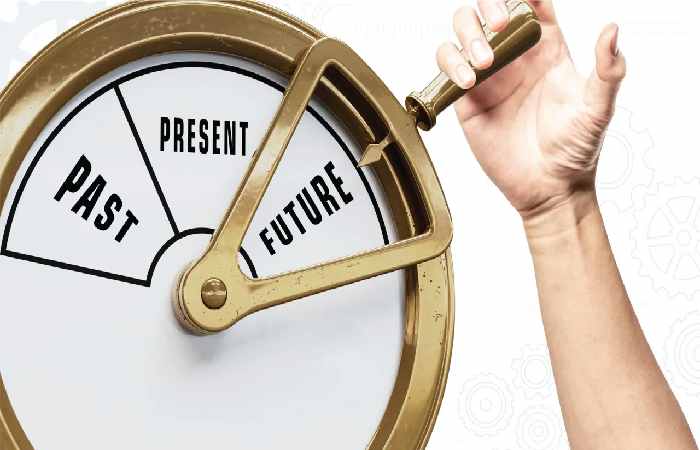Time Management
Having a good time in management involves conscious planning and considerate decision-making. It also includes staying focused and sticking to your priority tasks instead of being derailed by unimportant distractions.

What is Time Management Skill?
Time management is the ability to use your time productively and efficiently. You could also think of it as the art of having time to do everything you need without feeling stressed about it. It sounds simple, but it is much more complicated in practice.
Time Management, Project referral, changing deadlines, and a to-do list that seems to get longer every day – these experiences are all too common in life and at work. As the season for New Year’s Resolutions approaches, many people are boldly trying to achieve their goals of “managing your time better,” “being more productive,” and “focusing on what matters.
” Development goals like these are important to career success. Look no further than large-scale surveys that routinely find time management skills among the most in-demand skills in the workforce but at the same time among the rarest skills to find.
Fortunately, there is a wealth of research exploring the skills that underlie time management. Here, time management is defined as the decision-making of process that structures, protects, and adjusts a person’s time to changing environmental conditions. Three specific skills separate success from time management from failure:
- Awareness: Think realistically about your time, understanding that it is a limited resource.
- Accommodation: Design and organize your goals, plans, schedules, and tasks to use time efficiently.
- Adaptation – Monitor your use of time while doing activities, including adjusting to interruptions or changing priorities.
Of these three skills, Arrangement is probably the most familiar, especially since most apps and tricks deal with planning and planning. However, there is not the same widespread recognition of awareness and coping skills. This raises key is questions about how these skills manifest from a developmental perspective: Are they equally important? Is there something more difficult for people to master? And are some rarer than others?
Measure Time Management Skills

To answer these questions, I looked at the results of more than 1,200 people who participated in a 30-minute microsimulation designed to objectively assess time management skills. Participants were given the role of freelance designer and had to manage tasks and relationships with clients and colleagues within a complete communication platform with emails, instant messaging, files in the cloud, etc. The issues they faced included dealing with scheduling conflicts, prioritizing customer requests, and deciding to use (or not) their time.
First, all three skills are equally important to overall time management performance. So just improving your schedule and planning (i.e., this could explain why it’s so disappointing to try a new tool and then feel like we never pushed the needle on a great manager.
How To Improve Your Time Management Skills
So how can people better prepare to become better time managers? To do this, you must first determine where to focus. Delving into your current skill levels is the only real way to answer this question. There are three steps you can take to begin your improvement efforts.
Develop a clear awareness of your time management skills. This can be achieved by using objective evaluations such as microsimulation, seeking feedback from others such as colleagues or bosses, or by establishing a base of behaviors against which to evaluate improvements.
Recognize that preferences matter, but not how you think. Self-awareness of time management preferences or personalities, such as multitasking or proactivity, can deepen your understanding of areas where you may struggle when your change efforts go against existing habits. But remember that the skills, not personality. Are the most malleable personal attributes and provide the highest return on investment in self-improvement efforts.
- Treat your time like money. Create a time budget that details how you spend your hours in a typical week. Classify time into fixed time (“to do”) and discretionary time (“to do”).
- Try to time. Track how much time you spend on tasks with very clear deadlines rather than how much time you have left.
- Evaluate how realistic you evaluate the weather. After completing a project, evaluate how long you thought it would take and how long it actually took.
- Take a “future perspective.” Think about how the tasks you are doing now will help or hurt you in the future (for example. How to do today’s project tasks impact next week’s tasks?).
- Avoid “sunk cost fallacies.” When you think you may be spending too much time on an activity. Take a step back and assess its importance (for example, what is the value of the result. Who will be affected whether or not it completes, etc.)
Also Read: Scope Management, And What Is The Scope Of The Project
Related posts
Featured Posts
The World of Medical Gadget Failure: Common Reasons, Ways to Prevent, and More
Innovation has brought one negative thing to the medical industry. That’s the failure and malfunction of medical gadget. Statistics suggest…
What Is Quantum Computing? And Why Do We Want It
Quantum mechanics emerged as a branch of physics in the early 20th century to explain nature at the scale of…



